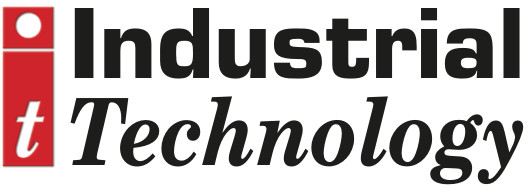
Posted to News on 25th Oct 2023, 12:00
A snapshot of the UK rubber seals industry

Earlier this year, TFC announced its acquisition of EAP Seals, a leading manufacturer and distributor of rubber seals, O-rings, gaskets and associated technical products. Here Morgan Burgoyne (MB), president of TFC, talks to Dean Oliviero (DO), managing director of EAP Seals, to discuss trends in the UK seals industry.
MB: Can you give me an overview of the rubber seals industry in the UK?
DO: While the rubber seals industry is niche, it plays a fundamental role in the wider manufacturing sector. We have a saying here, “whatever the industry, we have a part in it.” Be it oil and gas, food and beverage, automotive manufacturing or electronic manufacturing, quality seals are vital to so many products. Unusually for a company of our size, we’ve supplied products to almost every corner of the world – seals aren’t glamorous, but they are a necessity.
The majority of rubber sealing companies in the UK are distributors – there are far fewer manufacturers. As a business, we manufacture around a third of our products, sourcing the rest from reliable manufacturers.
Ultimately, whether you are a distributor or a manufacturer, a lot of what makes a seals company successful is its relationships with customers.
MB: What are the key challenges the rubber sealing industry is facing and how can they be addressed?
DO: As in many other industries, long lead times and price hikes have seen a lasting impact of the supply chain disruptions during the pandemic. On standard products, lead time jumped from four to six weeks to eighteen to twenty.
The companies that came out on top were the ones that could diversify their supply chains – looking further afield and removing our reliance on any individual manufacturer was key to our strategy. Technical due diligence to ensure product quality was important at this time.
Prices are still somewhat volatile, and lead times on some products remain long. Purchasing the stock for long term orders up front means our customers are no longer subject to long lead times, and it helps mitigate price increases.
However, on certain high-end polymers, the outstripping of demand to supply means lead times can still be up to a year. In such cases, we’ve been helping customers move away from materials where availability is limited, offering them comparable perfluoroelastomers with better lead times and a reduced price.
Perfluoroelastomers are the elastomeric form of polytetrafluoroethylene (PTFE). Seals made from these materials are suitable for multiple applications ranging from electrical insulation, heavy equipment, industrial piping, medical, semiconductor, food manufacturing and packaging, and environments where heavy and harsh use and environments prevail.
MB: How do you think EAP Seals joining the TFC Group will benefit UK manufacturers?
DO: This move means we can supply TFC VMI customers with high quality seals direct from any one of TFC’s regional branches. Our current customers will be able to explore whether TFC’s technical products or supply chain solutions could benefit them.
Longer term, EAP Seals will become TFC Manchester, so customers can have a seamless experience whether they’re ordering seals, springs or retaining rings, or even streamlining their supply chain with TFC Vendor Managed Inventory (VMI).








